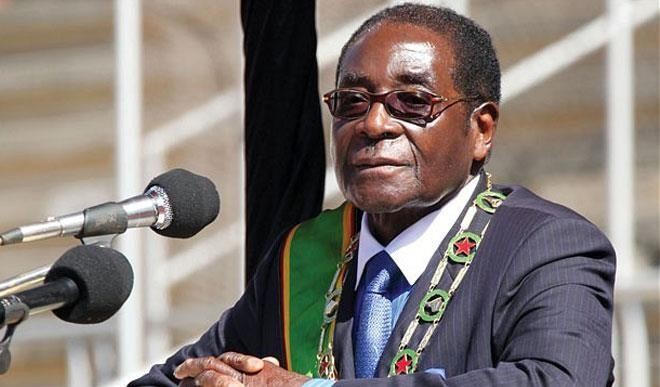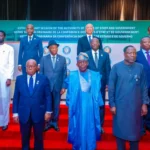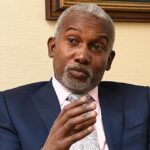Robert Mugabe was born on Feb. 21, 1924 at Kutama Mission village in Southern Rhodesia’s Zvimba District. His father, Gabriel Matibiri, was a carpenter while his mother Bona was a catechism teacher at the village.
He had his formal education at a Catholic school and attended South Africa’s University of Fort Hare.
He taught in Zambia and Ghana, where he was influenced by African independence movement leaders.
1960s – Mugabe campaigned for Zimbabwe’s independence and was imprisoned in 1964 for political agitation.
While in prison, he earned two law degrees from the University of London External Programme.
1974 – Released from prison, he escaped to Mozambique were Zimbabwe African National Union guerrilla fighters elected him to lead their struggle against white minority rule. A number of rivals died in suspicious circumstances, rights groups said.
1980 – Mugabe’s ZANU-PF party won independent Zimbabwe’s first election. He takes office as prime minister on April 18.
1982 – Mugabe deployed North Korean-trained troops to crush an insurgency by former guerrillas loyal to his liberation war rival Joshua Nkomo. Government forces were accused of involvement in the killing of 20,000 civilians, which Mugabe denies.
1987 – He became president with sweeping executive powers after changes to the constitution and signed a unity pact with Nkomo, who became one of his two deputies.
1990 – ZANU-PF and Mugabe won parliamentary and presidential elections.
1998 – An economic crisis marked by high interest rates and inflation sparks riots.
2000 – Zimbabweans rejected the new constitution in a referendum, Mugabe’s first defeat at the ballot box.
Thousands of independence war veterans and their allies, backed by the government, seize white-owned farms, saying the land was illegally appropriated by white settlers.
2001 – The United States put a financial freeze on Mugabe’s government in response to land seizures, beginning a wave of Western sanctions. Mugabe’s relationship with the West, especially the U.S. and Britain, never recovers.
2002 – Mugabe won a disputed presidential vote, which observers condemn as flawed.
Zimbabwe was suspended from the British Commonwealth over accusations of human rights abuses and economic mismanagement. Mugabe pulled his country from the grouping the following year.
2008 – Hyper-inflation reaches 500 billion percent, the nadir of an economic implosion that forces millions of people to leave the country, many to neighboring South Africa. Mugabe lost presidential election but won the run-off after opponent Morgan Tsvangirai withdraws citing violence against his supporters by security forces and war veterans. A power-sharing agreement was signed.
2010 – Media reports said Mugabe was seriously ill with cancer, speculation that continues in following years.
2013 – Mugabe wins another disputed presidential vote. Western observers site multiple accounts of electoral fraud.
2016 – Protesters led by a pastor stage the biggest show of defiance against Mugabe in a decade, prompting speculation about life after the veteran leader.
2017 – Mugabe was forced to resign in November following a military coup and was replaced by Emmerson Mnangagwa, the man he had fired as his deputy two weeks earlier.
2018 – Mugabe was seen in public for the first time since leaving power. He berated his former ZANU-PF allies and backs opposition leader Nelson Chamisa on the eve of an election.
2019 – Mugabe travels several times to Singapore to seek medical treatment as pictures of the gaunt, gray-haired former leader circulate on social media. Reuters/NAN)

 Join Daily Trust WhatsApp Community For Quick Access To News and Happenings Around You.
Join Daily Trust WhatsApp Community For Quick Access To News and Happenings Around You.


